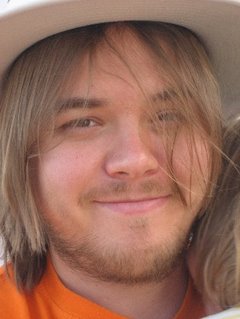 Heaven. We spent two weeks on holiday at Lanzarote. The sun. The sea. Pepper steak. Sangre de Toro. Inflatable castles for kids to jump in.
Heaven. We spent two weeks on holiday at Lanzarote. The sun. The sea. Pepper steak. Sangre de Toro. Inflatable castles for kids to jump in.The comedy in natural phenomena
While was jogging at the beach, I suddedly became aware of waves crashing to the beach. For some reason, I felt like laughing. The sea, minding its own business, just crashing away.
Later, I realized that there was an explanation offered by two classic thinkers, Aristotle and Henri Bergson. Aristotle has famously made a classification between four kinds of causes. The two causes relevant here are the efficient cause, which accounts for why some event took place by a chain of previous events; and final (teleological) cause, which accounts for why some event took place by giving it a meaning with reference to a purpose, or a goal.
 On holiday, looking at natural phenomena at length, I realized that when one accounts nature with a teleological explanation, there is a potential comical element to nature. Henri Bergson, in his analysis of laughter, noted that common to comedies is the idea of there being "something mechanical in something living". That is, human beings, whose actions are explained by final causes - intentions, beliefs, purpose - are comical if they act as if being moved by an efficient cause.
On holiday, looking at natural phenomena at length, I realized that when one accounts nature with a teleological explanation, there is a potential comical element to nature. Henri Bergson, in his analysis of laughter, noted that common to comedies is the idea of there being "something mechanical in something living". That is, human beings, whose actions are explained by final causes - intentions, beliefs, purpose - are comical if they act as if being moved by an efficient cause.If we look at natural phenomena as if they were beings capable of final causes, they may look funny. The sea looked like a small child, fascinated with a toy, mechanically repeating a set of moves. Another funny thing was the constellation of Orion, who lay on his side.
The mythical figure, Orion, was a hunter, or some other powerful, male character. The stars in the night sky on the equator made it look as if orion had lain on his side. I got the distinct impression that he was drunk.




0 Comments:
Post a Comment
<< Home